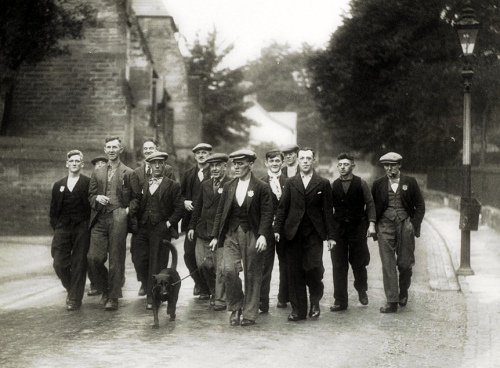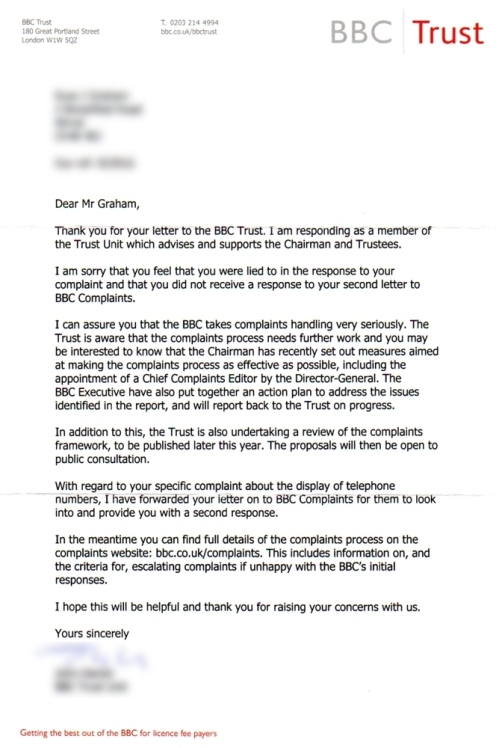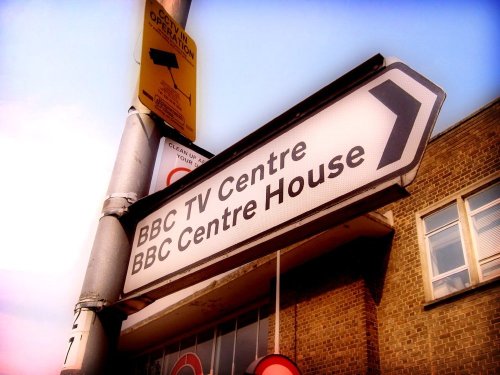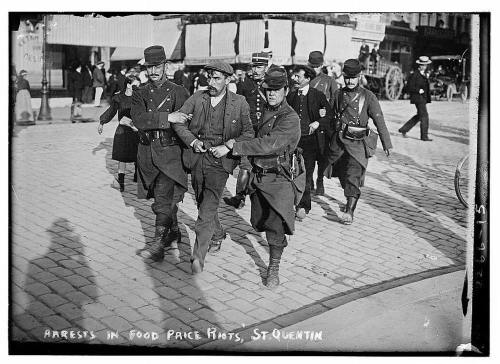If you listen to the business news on the Today programme or read the inside pages of the Financial Times, you may have spotted something called "LIBOR".
Month: August 2011
Once Upon a Time
Rickets for everyone!
As I continue to need distracting whilst I work towards my annual deadline, coming up on iTunes quite regularly are the two songs I have from Gracie Fields. 1,468 to chose from and “The Thing-ummy-bob” and “Wish Me Luck (As You Wave Me Goodbye)” are the ones iTunes has decided to play twice in the last hour.
I can stand a bit of Gracie Fields, based on the wartime connection (when her husband spirited her and her money out of the country) and the general campness that clings to her. But really, I can’t quite see the attraction. She couldn’t sing, she couldn’t act, she was no oil painting, she fell for bastards who treated her like crap and she insisted on being paid in precious dollars when performing “to her people” at the Festival of Britain on a brief visit back from Capri. No, as far as I am concerned, you can keep “Our Gracie” and all her works.
If you’ve never sat down and watched one — and why would you? — then her 1930s films can be summarised as follows: Plutocratic mill owner announces that he is closing the mill/shutting down the hospital/demolishing the sanatorium/being generally wicked in a 1930s way. The workers think things are hopeless, so turn to fellow-but-oddly-better-dressed-worker Gracie for help. She sings a song at them, then goes to see plutocratic mill owner’s son. She convinces him to join her campaign, gets on a train to that London, sees plutocratic mill owner himself, there’s a mysterious gap in the narrative as to what she said or did at this point*, she gets a train back to Grimsfield or Stonyborough or whatever Rochdale is pretending to be in this film, announces that the mill/hospital/sanatorium has been reprieved, links arms with the plutocratic mill owner’s son and sings another song at the assembled crowd.
Every Gracie Fields film is the same, except one, where she wasn’t from Rochdale, she was from Glasgow — but she was unable to maintain the accent so the producers dropped in a line about her being from both Rochdale and Glasgow, thus usefully covering the wandering diphthongs.
This video is an excellent piss-take of the standard ending of a Gracie Field film. The plot: plutocratic mill owner has unilaterally cancelled Sludgetown’s annual Rickets Fair. Sadly missing is an earlier scene, where she turns up in said plutocrat’s office to plead for the fair to go ahead; Josie Lawrence sings a song that starts “You’ll never know/What rickets/Have done for me!” whilst exposing comically bowed legs. You had to be there.
*There’s a possibility that she presented him with the Lancashire speciality of tripe and chips to change his mind. It’s more likely she put out. It was 1930s — they didn’t say.
The dirtiest shelter in town
A victory of sorts
I case you don't remember, a couple of months ago I took issue with the BBC over something very minor – the way they were displaying the telephone number for people wanting to take part in John Barrowman's godawful variety show. I know it sounds petty, but why show numbers wrongly when it's so easy to show them correctly?
Lightning tree and other symbols
I’m not upset that you lied to me, I’m upset that from now on I can’t believe you
A fortnight ago, I??escalated??a complaint from BBC Complaints to the BBC Trust??when BBC Complaints appeared to have told me a bare-faced lie. So far, no reply from them. But evidence has emerged that BBC Complaints do indeed, as I feared, lie to people who complain as a matter of routine.
Twitter is a social network platform which is available to most people who have a computer and therefore any content on it is not subject to the same copyright laws as it is already in the public domain.
Mennie happie burthdays
For some reason, I find this really beautiful. This postcard probably dates from between the wars — easily 1920 if not earlier.
Dear ArthaJust a lineto wish youmennie happieburthdays fromGrannie anngrandad xxxxxxI ham sendingyou some stampsto get somthingfor your selfgrannie
I predict a riot
A third night of rioting, now mainly based around the concept of looting stores then setting them on fire. It's a new thing for Great Britain, something not seen since the (more politically justifiable) riots of the 1980s.




